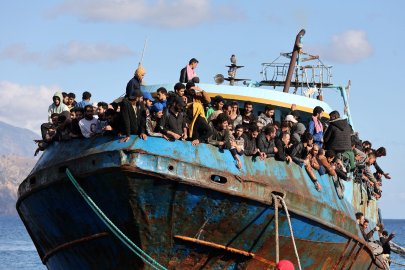Surge in Migrant Arrivals to Crete from Libya
Migration patterns across the Mediterranean are continuously evolving, and recent reports indicate a significant increase in the number of migrants arriving in Crete from Libya. This surge has raised concerns among various stakeholders, including immigration authorities, humanitarian organizations, and local communities.
Understanding the Current Situation
The increase in migrant arrivals can be attributed to several factors:
The Role of Crete in Migration Routes
Crete has become a critical point in the migration routes from North Africa to Europe. Its geographic position makes it a favorable destination for many fleeing from Libya. The island’s increased migrant arrivals are not just a seasonal trend but signify a long-term shift in migration patterns.
Challenges Faced by Migrants
Migrants arriving in Crete face numerous challenges, including:
Responses and Actions Taken
In response to the surge in arrivals, various organizations and government entities are working to address the situation. Some of the actions include:
The Importance of International Cooperation
Addressing the rise in migrant arrivals from Libya requires international cooperation. Countries must work together to create a comprehensive strategy that ensures safety for migrants while addressing the root causes of migration. This includes:
Future Outlook
As the situation unfolds, it is crucial for international bodies to monitor the trends in migration closely. With the likelihood of continued surges in migrant arrivals to Crete from Libya, the need for effective immigration reform and humanitarian assistance remains paramount.
In conclusion, the sharp increase in migrant arrivals to Crete from Libya highlights the ongoing challenges and complexities of migration in the Mediterranean region. Addressing these issues will require a multifaceted approach that balances humanitarian needs with legal and security considerations. By fostering international cooperation and understanding, we can work towards solutions that respect the rights and dignity of all individuals seeking a better life.










